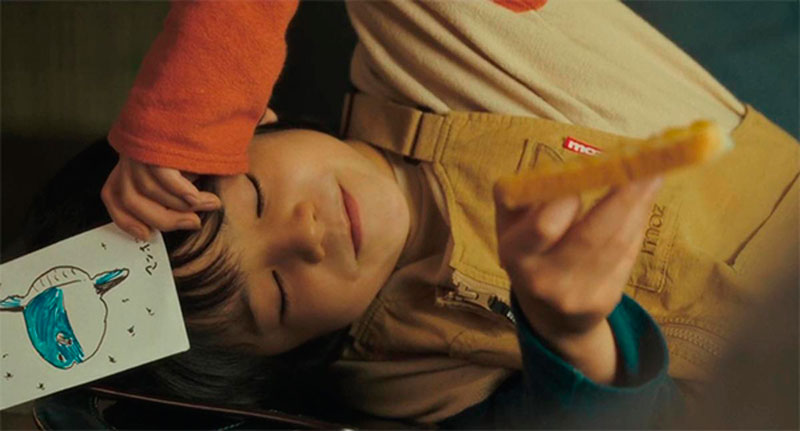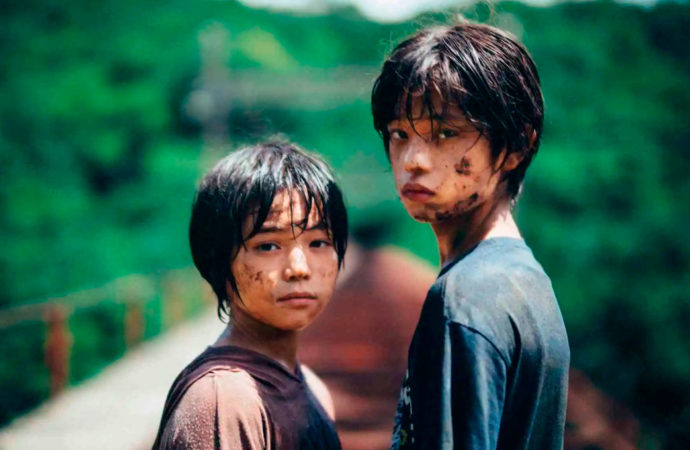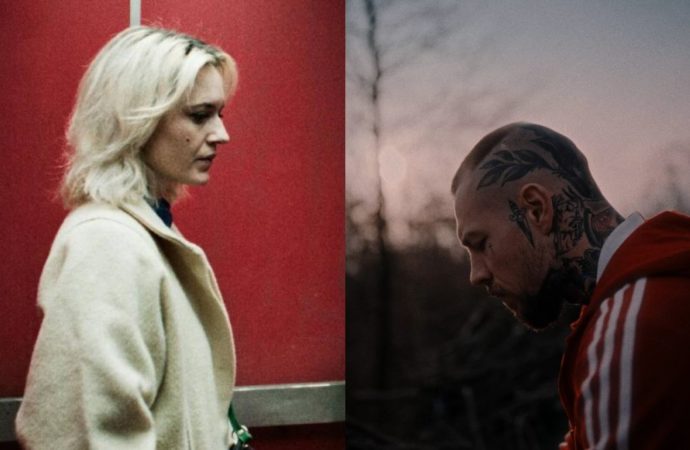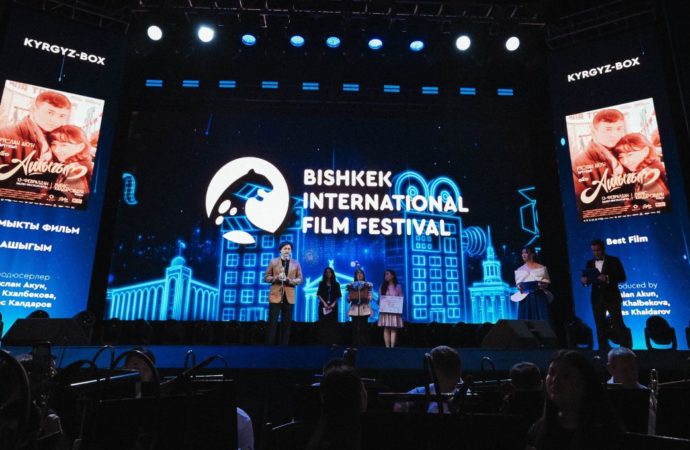Monster premiered at the 76th Cannes Film Festival, where its director Kore-eda Hirozaku won the Palme d’Or with Shoplifters in 2018 and the Jury Prize in 2013 with Like Father, Like Son. His latest film, the sixteenth of his career, was also the last to be released with a soundtrack by the recently deceased Ryuichi Sakamoto, a mostly melancholic score that perfectly punctuates the rhythm and emotional enigma of the film. As we are accustomed to from the director of Broker, we are treated to a slow-burning story whose ingredients are added at just the right moment. Kore-eda never shows us all his cards, but neither does he cheat us, because the twists in his scripts are not gimmicky or gimmicky ploys but revelations.
Monster is built to test our capacity to imagine, to anticipate its plot, and – in one of the director’s most cherished themes – to confront our own prejudices. With a style that is never stuffy, Kore-eda has, throughout his filmography, incurred in a wide sample of everything that the institution of the family is capable of doing with individuals, whom it shapes or transforms. The reformulation of the concept of dysfunctionality in the Japanese director’s cinema seems infinite, without stopping there, it opens up to hope, assuming who we are with what they made of us, as Sartre expressed, showing in the contrast between innocence and perversion an infinitely nuanced range of what is considered human.

Kore-eda returns to Japan after the Korean adventure of Broker, to tell a story from a multiple point of view, so the usual mosaic that he usually draws in his films is here enhanced by the different versions of an event between two 5th grade children, a teacher, and the school principal. In addition, Kore-eda’s interests bring together several important themes with which he risks overwhelming the spectator: bullying, mistreatment, grief, slander…
The protagonists of the story are young Minato (Soya Kurokawa), whose mother Saori (Sakura Ando) is concerned about what she imagines are signs of bullying, and so she visits the school on several occasions to meet with her son’s headmistress and teacher, Hori (Eita Nagayama), and his classmate Eri (Hinata Hiiragi). The uncooperative and strange attitude Saori encounters in their meetings is incomprehensible, until we gradually learn the real reason for this lack of empathy. From there, what seemed like a simple story, as so often happens in schools, opens up in several directions as if new rooms are illuminated or new windows are opened, in the Buddhist manner of the master who is blamed by his disciples for stoning deer, when in fact he scares them away to protect them from their predator.

Both human weaknesses and good deeds done with discretion have unpredictable consequences depending on how they are perceived and interpreted. Here Kore-eda shows us once again, without lecturing, and by putting us in the shoes of the various characters, because his style, apparently gentle but almost always charged with depth, draws us in and suggests in a very calculated way until an ending that chills us to the bone.
In Monster there is unleashed fire, there is torrential rain, and between the two Ryoto Kondo photographs an exaltation of pre-adolescent, virginal love that is pure expansion, in that race that has reminded us of the euphoria of Close through the forest, in a burst of life that finds its free expression in an abandoned carriage, filling it with light and all the emotions that one is capable of communicating through colour, through creativity, when nobody judges us and we feel safe. Minato and Eri’s bubble of love condenses small, seemingly incomprehensible signs of affection throughout the film, such as the slipper Minato lends Eri because he has outgrown his own, a subtle proof of parental abandonment. Kore-eda directs the young protagonists with such mastery that they perform their roles with admirable solidity.
Monster is a series of Chinese boxes where everyone searches for, and sometimes finds, a way to move on and heal their emotional wounds, and Kore-eda opens them, uncovering them one after the other so that we look into them as in a distorted mirror and wonder who the monster really is.
This article was updated on 24 September 2023.









No one has posted any comments yet. Be the first person!